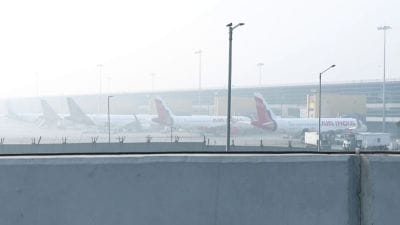My vote,my pay
Of course MPs must be paid more; they should disclose more too
Members of Parliament issue their assessment of how grave an issue is by getting a critical mass to force adjournments. On Tuesday,Lok Sabha was adjourned over the deferment of a cabinet decision on a hike in MPs salaries and allowances. A joint parliamentary panel has recommended an all-round raise,with,for instance,the monthly salary of an MP going up from Rs 16,000 to Rs 50,000. The cabinet is reported to be divided on whether the circumstances are right to accept the recommendation,with some ministers arguing that giving themselves and their colleagues in Parliament a raise would not be politically wise amidst high inflation. Others argued that higher wages would be important signalling,and attract fresh talent to the electoral field.
The emphasis on impressions is understandable. Just recently,politicians in Britain suffered erosion in credibility when details were made public of the extent to which they had milked the system to maximise their allowances. That accounted for the inordinate emphasis by political parties during the campaign to reform the way MPs are elected,compensated and kept accountable. One change is that now the British House of Commons elects by secret vote chairpersons of parliamentary committees and the appointments are no longer the preserve of party bosses to potentially prevent undue influence in how the work of government is scrutinised.
The British example is instructive. Elected members of Parliament are,and should be,responsive to the popular mood. And they need to change the framework of debate away from facile impressions of MPs giving themselves a pay hike and would you know it,goes the expected and unfair reaction,a three-fold hike at that. Certainly,a pay increase is long overdue. But it would benefit Parliament and the credibility of politicians if this revision is embedded in a more expansive review of terms and conditions. Progress has been made in having MPs declare their assets and liabilities; but full disclosure of interests should be mandatory. There must,for instance,be a look at potential conflicts of interest for members of parliamentary standing committees. The cash-for-questions episode provoked introspection in Parliament about its privileges; that project should continue. Our MPs have a good record of working together quietly between sharply polarised sessions. Such an undertaking would benefit us all.
- 01
- 02
- 03
- 04
- 05































